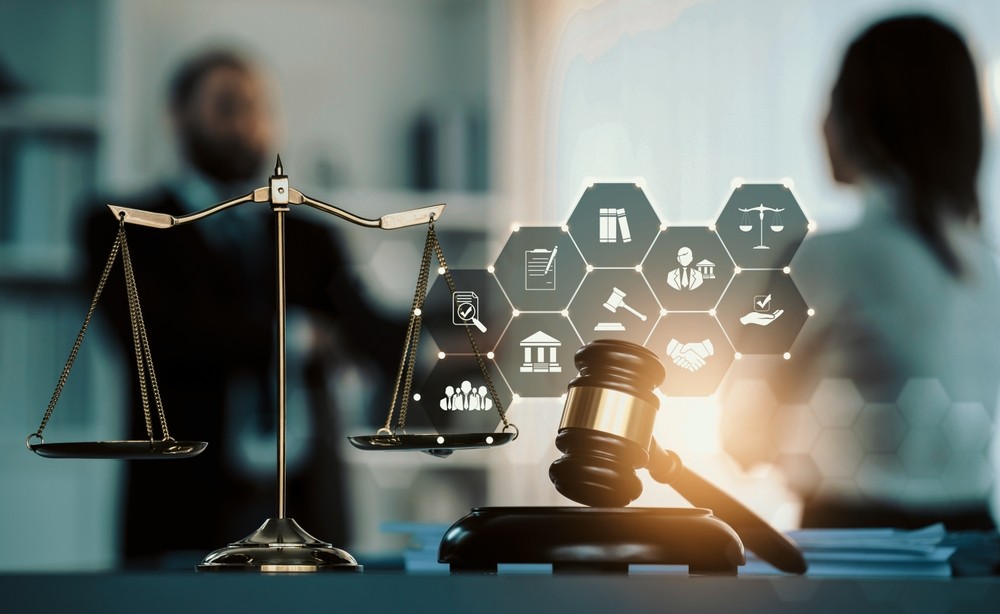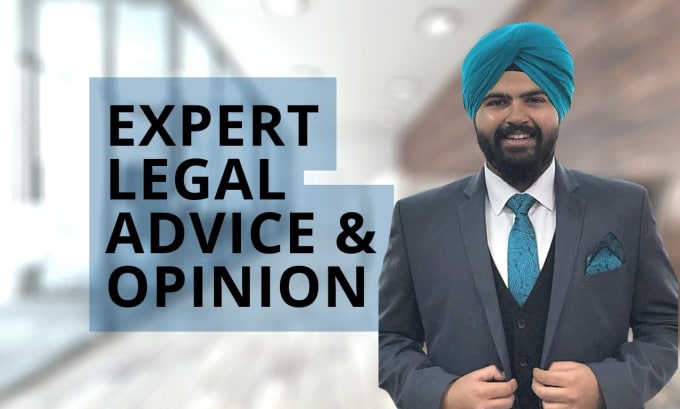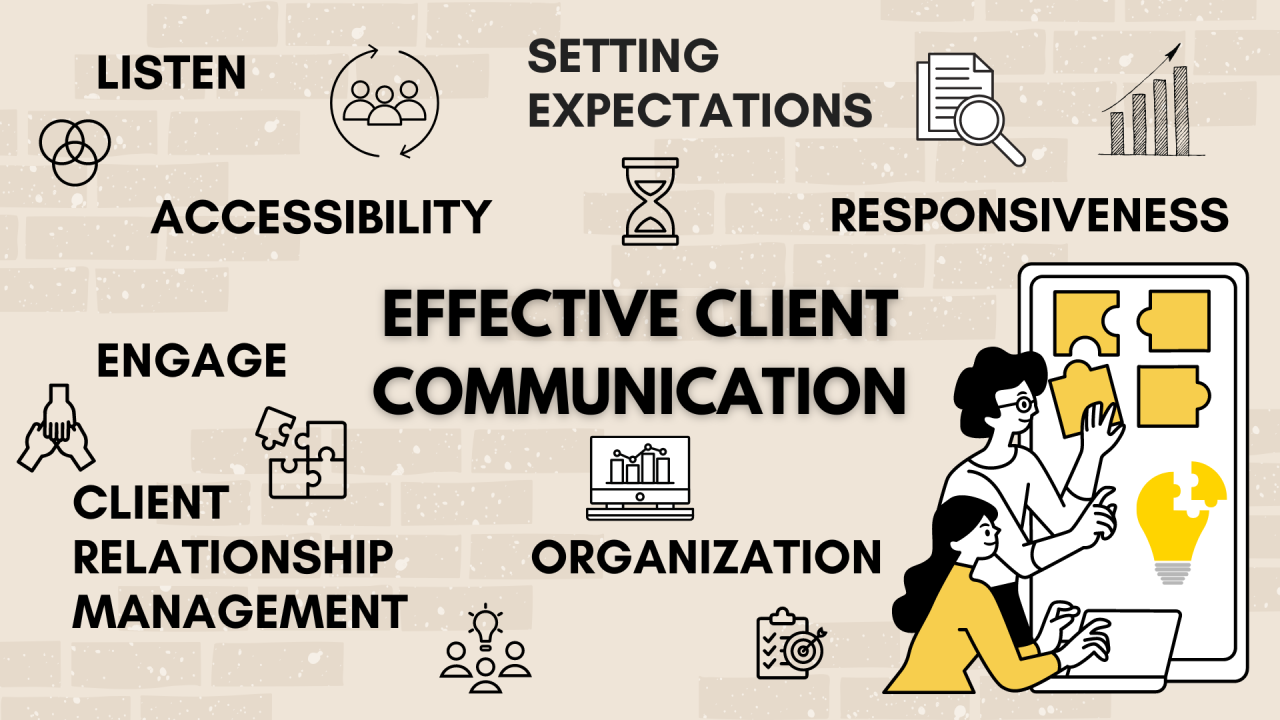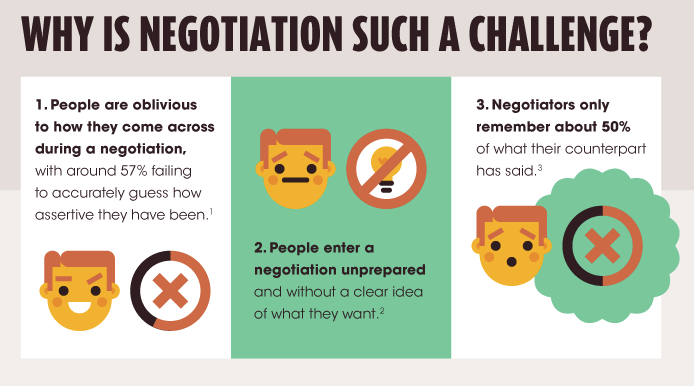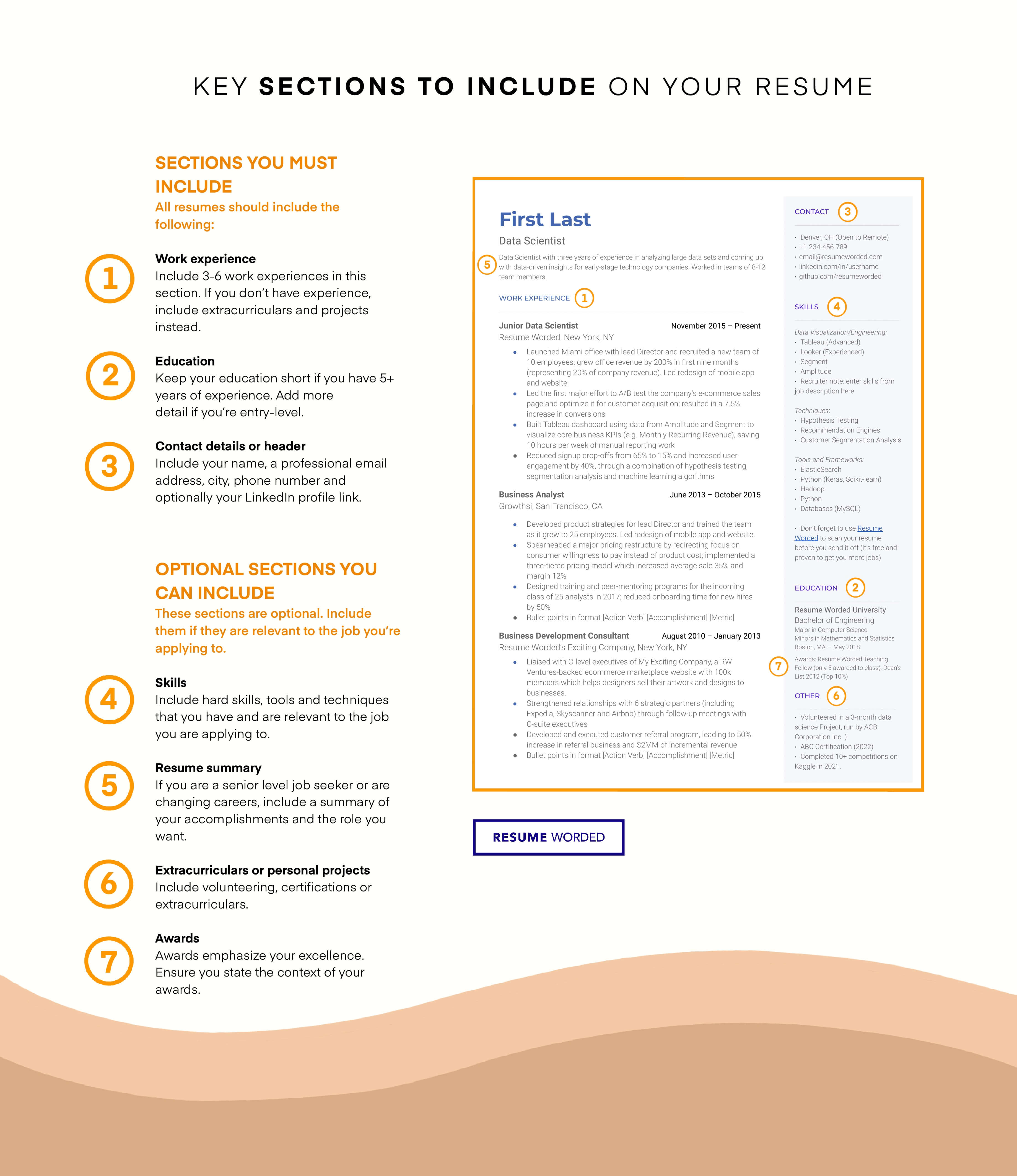
Navigating Legal Matters: Expert Consultation Tips

Navigating Legal Matters: Expert Consultation Tips
Legal matters can be complex and intimidating, requiring careful consideration and expert guidance. Seeking legal consultation is a crucial step in understanding your rights, responsibilities, and potential courses of action. In this article, we explore essential legal consultation tips that can empower individuals to make informed decisions and navigate the complexities of the legal landscape.
Identifying Your Legal Needs
Before seeking legal consultation, it’s essential to identify your specific legal needs. Whether it’s family law, business law, or estate planning, understanding the nature of your legal issue will help you find the right legal professional with expertise in the relevant area. This initial step lays the foundation for a more focused and effective legal consultation.
Researching and Selecting a Qualified Attorney
Research is key when choosing a legal professional for consultation. Look for attorneys with expertise in the relevant field, positive reviews, and a track record of success. Seek recommendations from trusted sources, and consider scheduling initial consultations with multiple attorneys to find the best fit for your needs.
Preparing Relevant Documents and Information
To make the most of your legal consultation, come prepared with relevant documents and information related to your case. This may include contracts, agreements, financial records, or any correspondence related to your legal matter. Providing a comprehensive overview during the consultation enables the attorney to offer more accurate insights and advice.
Clearly Communicating Your Situation
During the consultation, clear communication is essential. Articulate your situation, concerns, and objectives with precision. Be honest and transparent about the details of your case, as this will help the attorney better understand the nuances and provide tailored advice. Effective communication lays the groundwork for a strong attorney-client relationship.
Understanding Legal Fees and Agreements
Before proceeding with legal representation, it’s crucial to understand the attorney’s fee structure and any potential agreements. Discuss the billing method, hourly rates, retainer fees, and any additional costs that may arise. Clarity on financial aspects ensures there are no surprises and allows you to make an informed decision about moving forward.
Exploring Alternative Dispute Resolution Options
In some cases, alternative dispute resolution (ADR) methods, such as mediation or arbitration, may be viable alternatives to litigation. During legal consultation, inquire about these options and assess their suitability for your situation. ADR can offer a more cost-effective and time-efficient resolution in certain legal matters.
Setting Realistic Expectations
Legal consultation is an opportunity to gain insights into your legal situation, but it’s essential to set realistic expectations. While attorneys can provide guidance and advice, they cannot guarantee specific outcomes. Understand the potential challenges and outcomes of your case, allowing you to make informed decisions based on realistic expectations.
Following Up and Seeking Clarifications
After the initial consultation, take the time to reflect on the information provided. If you have additional questions or need further clarification, don’t hesitate to follow up with the attorney. Clear communication and ongoing dialogue ensure that you have a thorough understanding of your legal situation and the proposed strategies.
Considering Second Opinions
Legal matters are often multifaceted, and opinions may vary among different attorneys. If you have reservations or uncertainties after an initial consultation, consider seeking a second opinion. Multiple perspectives can provide a more comprehensive understanding of your legal options and empower you to make the best decisions for your situation.
Building a Long-Term Relationship
Legal consultation is not just a one-time event; it can mark the beginning of a long-term relationship with your attorney. Establishing rapport and trust during the initial consultation is crucial. If you’re satisfied with the consultation and decide to proceed with legal representation, cultivating a strong attorney-client relationship contributes to a more effective and successful legal journey.
For expert legal consultation and guidance tailored to your specific needs, consider reaching out to professionals at HighPointFamilyLaw.com. Their team of experienced legal professionals is dedicated to providing comprehensive support and valuable insights for individuals navigating various legal matters.






